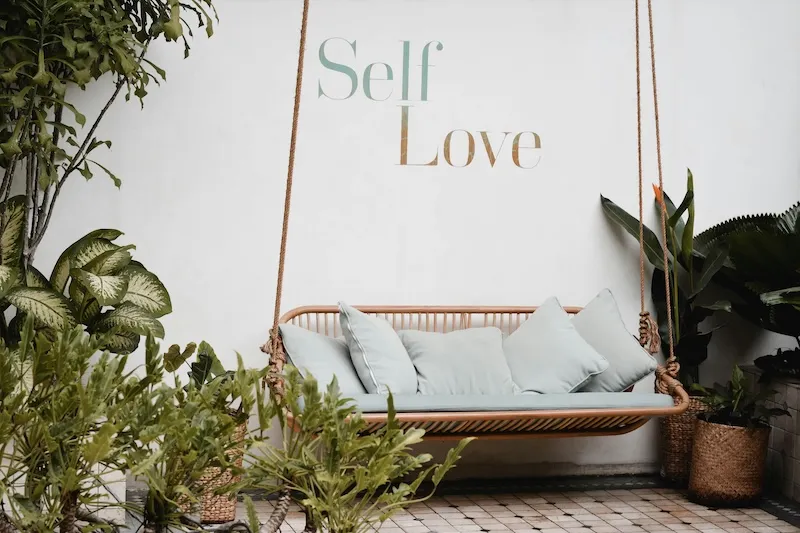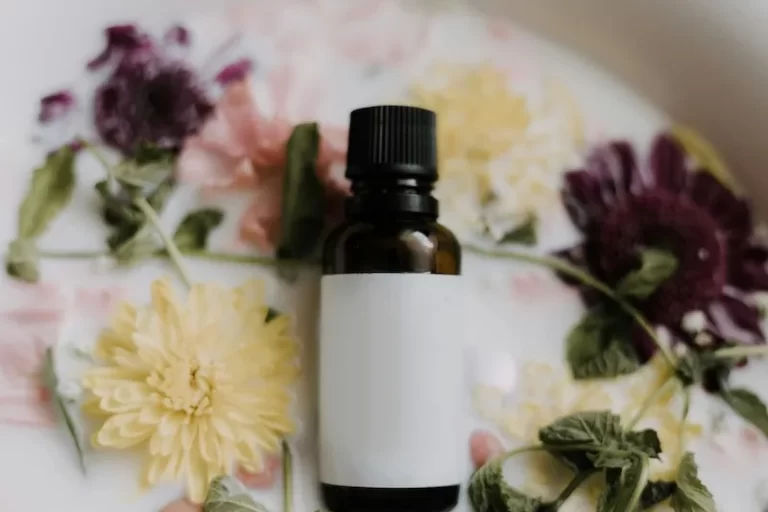Self-love
Why It’s Not as Bad as It Sounds
Self-love might sound like a buzzword, but it’s far from it. No matter how talented, kind, or successful we are, there will be times in life when we mess up. And when we do, it’s easy to fall into the trap of self-hatred.
Hating ourselves is one of the most damaging things we can do. It can lead to serious consequences, such as eating disorders like anorexia or bulimia, Obsessive-compulsive disorder (OCD) , or even suicidal thoughts.The way we treat ourselves shapes our mental health, relationships, and overall well-being.
Think about it: how many times a day do you say “I love you” to your partner, parents, or children? Probably quite often. But how often do you say, “I love myself” or “I appreciate who I am”? For most of us, the answer is rarely, if ever.
So, how do we learn to love ourselves? It starts with spreading love and kindness—not just to others, but to ourselves. After all, you can’t truly love or be kind to others if you don’t first love and be kind to yourself.
Why Self-Love Doesn’t Come Naturally
For many of us, self-love isn’t instinctive. It’s something we have to learn, often through difficult experiences. Sometimes, it takes a traumatic event or a significant loss to make us realize the importance of self-compassion. Other times, it’s the aftermath of saying hurtful words or acting out in anger that makes us see the need for change.
Whatever the trigger, the journey to self-love begins with a decision: a decision to stop hating ourselves and start appreciating who we are.
How to Stop Hating Yourself and Start Loving Yourself
Learning to love yourself isn’t easy, but it’s possible. It requires changing thought patterns, challenging negative beliefs, and practicing self-compassion. Here are four steps to help you on your journey:
1. Don’t Believe in Labels
From the moment we’re born, we’re given labels—starting with our names. Over time, we add more labels to ourselves, often focusing on our imperfections, mistakes, and perceived shortcomings. “I’m lazy,” “I’m weak,” “I’m unlovable”—these labels shape how we see ourselves and, ultimately, how we treat ourselves.
But here’s the truth: labels are just thoughts. They’re not facts. You have the power to change them. Instead of defining yourself by your flaws, focus on your strengths and the potential to grow.
2. Learn to Accept Mistakes
Mistakes are proof that you’re trying. Every great person in history has made mistakes—it’s how they learned, grew, and achieved greatness. Your mistakes don’t define you unless you let them.
Instead of dwelling on what went wrong, focus on what you can learn and how you can improve. Remember, you’re a work in progress, and that’s okay.
3. Stop Criticizing Yourself (and Others)
Negative criticism—whether directed at yourself or others—erodes self-love. When you criticize others, you send your mind a message: “I’m better than them.” But this creates unrealistic standards that you can’t always live up to. And when you fall short, you end up hating yourself.
Constructive criticism, when delivered kindly, can be helpful. But constant negativity only steals your self-worth and joy. Practice replacing criticism with compassion. Instead of focusing on flaws, celebrate progress—both in yourself and others.
4. Believe Imperfection is Beautiful
Take a moment to look at nature. From the tiniest plant to the grandest mountain, nothing is perfectly symmetrical or flawless. Yet, these imperfections are what make nature breathtakingly beautiful.
The same applies to us. As humans, we’re inherently imperfect—and that’s okay. Imperfection is what allows us to grow, evolve, and become better versions of ourselves. Success isn’t about reaching perfection; it’s about embracing the journey and learning from every step along the way.
Takeaway
Wake Up and Choose Self-Love
Every morning, before you start your day, take a moment to sit on your bed and remind yourself: “No matter how imperfect I am or what mistakes I’ve made, I’m not giving up on myself. I can improve, I can grow, and I can keep becoming a better person.”
Self-love isn’t selfish. Selfishness is expecting unrealistic perfection from yourself and then hating yourself when you fall short. True self-love is about accepting who you are, flaws and all, while striving to be the best version of yourself.
When you love yourself, you create a foundation of strength and resilience. You give yourself the chance to improve, evolve, and live a life filled with purpose and joy.
Final Thoughts
Learning to love yourself is a journey, not a destination. It takes practice, patience, and persistence. But every small step you take toward self-compassion is a step toward a happier, healthier, and more fulfilling life.
So, start today. Challenge those negative labels, embrace your mistakes, let go of criticism, and celebrate your imperfections. Remember, you are worthy of love—not just from others, but from yourself.
Keep practicing self-love, because the relationship you have with yourself sets the tone for every other relationship in your life. And when you truly love yourself, you’ll find that the world becomes a kinder, brighter place.
Suggested Reading
Books to Guide Your Journey
If you’re ready to dive deeper into self-love, personal growth, and overcoming challenges, here are some incredible books to inspire and guide you:
-
Why Change Feels So Hard
The Happiness Hypothesis by Jonathan Haidt explores the psychology behind why we resist change and how to align our emotions, thoughts, and actions to create a happier, more fulfilling life. -
Building Better Habits
Atomic Habits by James Clear is a game-changer for anyone looking to break bad habits and build positive ones. Clear’s practical strategies make it easier to create lasting change, one small step at a time. -
Rewiring Your Mind
Breaking the Habit of Being Yourself by Dr. Joe Dispenza combines neuroscience and spirituality to help you understand how to reprogram your thoughts and emotions, empowering you to create a new version of yourself. -
Healing from a Narcissistic Parent
Will I Ever Be Good Enough? by Dr. Karyl McBride is a compassionate guide for daughters of narcissistic mothers. It offers tools to heal from emotional wounds and reclaim your self-worth. -
Strengthening Yourself Against Narcissistic People
Highly Sensitive Empaths and Narcissists by Victor Murphy provides valuable insights for empaths who struggle with narcissistic relationships. It teaches you how to protect your energy and set healthy boundaries. -
Dealing with Toxic People
The Highly Sensitive Person’s Guide to Dealing with Toxic People by Shahida Arabi is a must-read for anyone who wants to recognize manipulation tactics and build resilience against toxic behavior.
These books are more than just reads—they’re tools to help you understand yourself better, heal from past wounds, and create a life filled with self-love and empowerment. Whether you’re looking to change habits, heal from toxic relationships, or simply grow into the best version of yourself, these resources are a great place to start.










